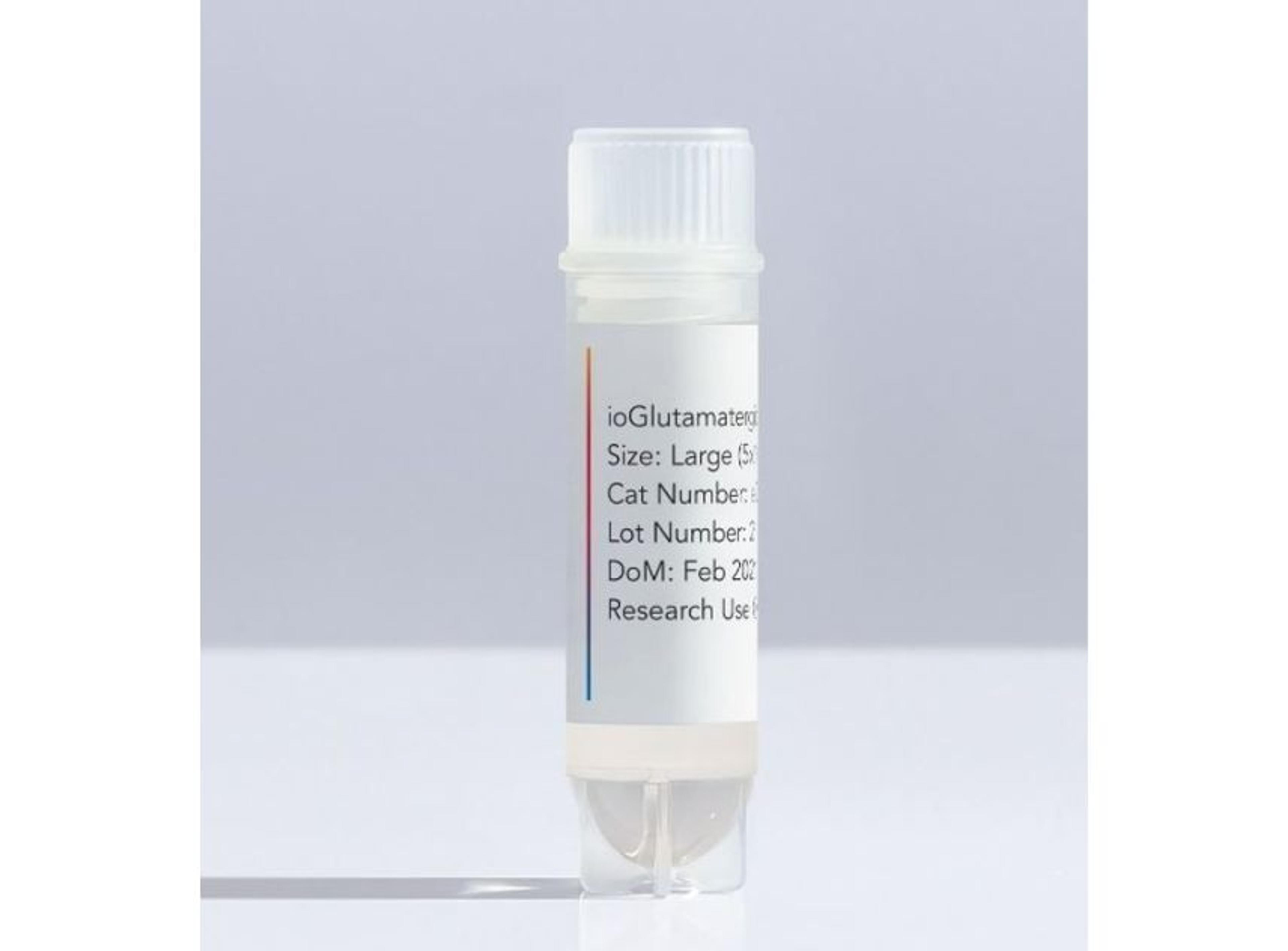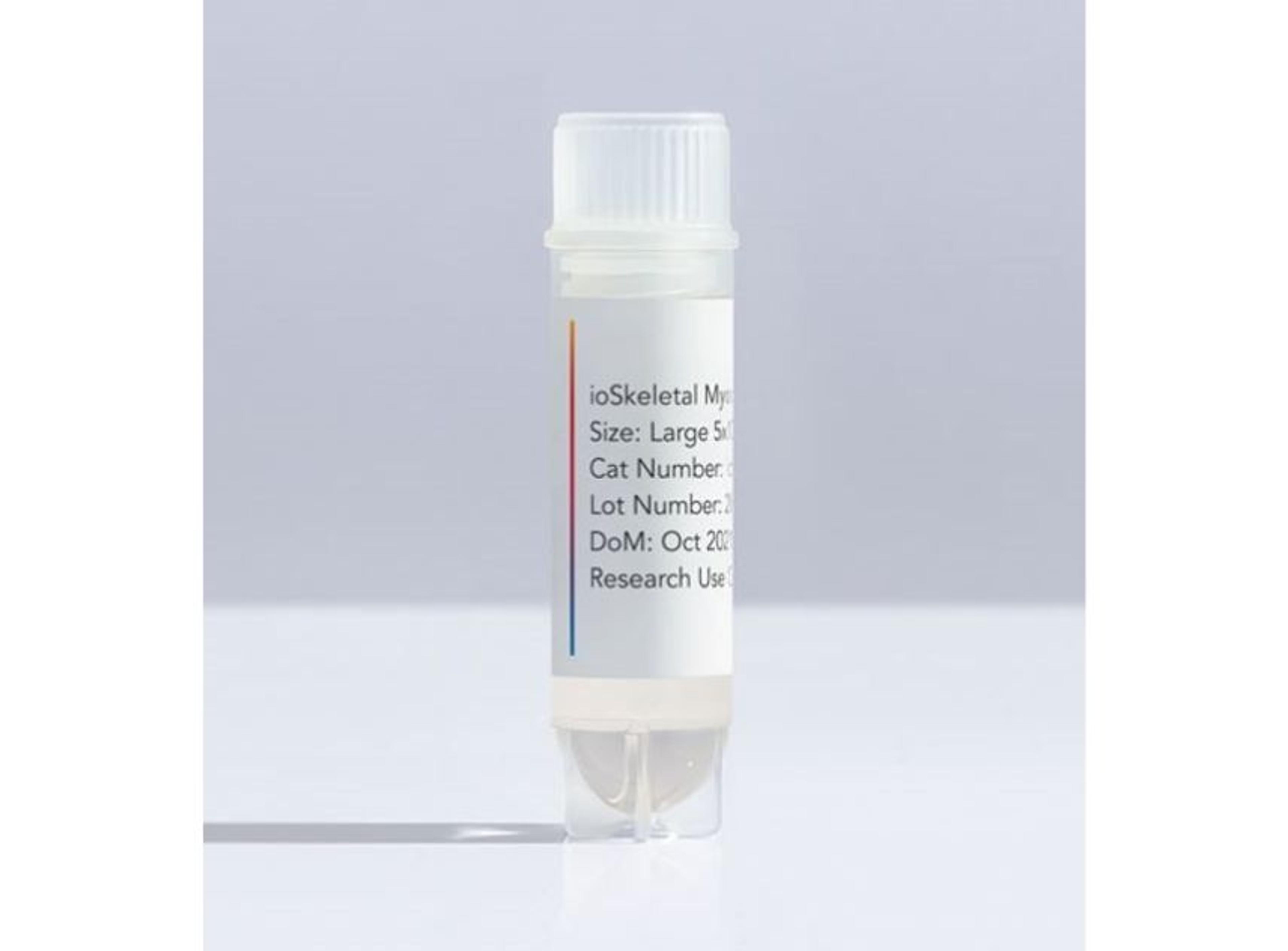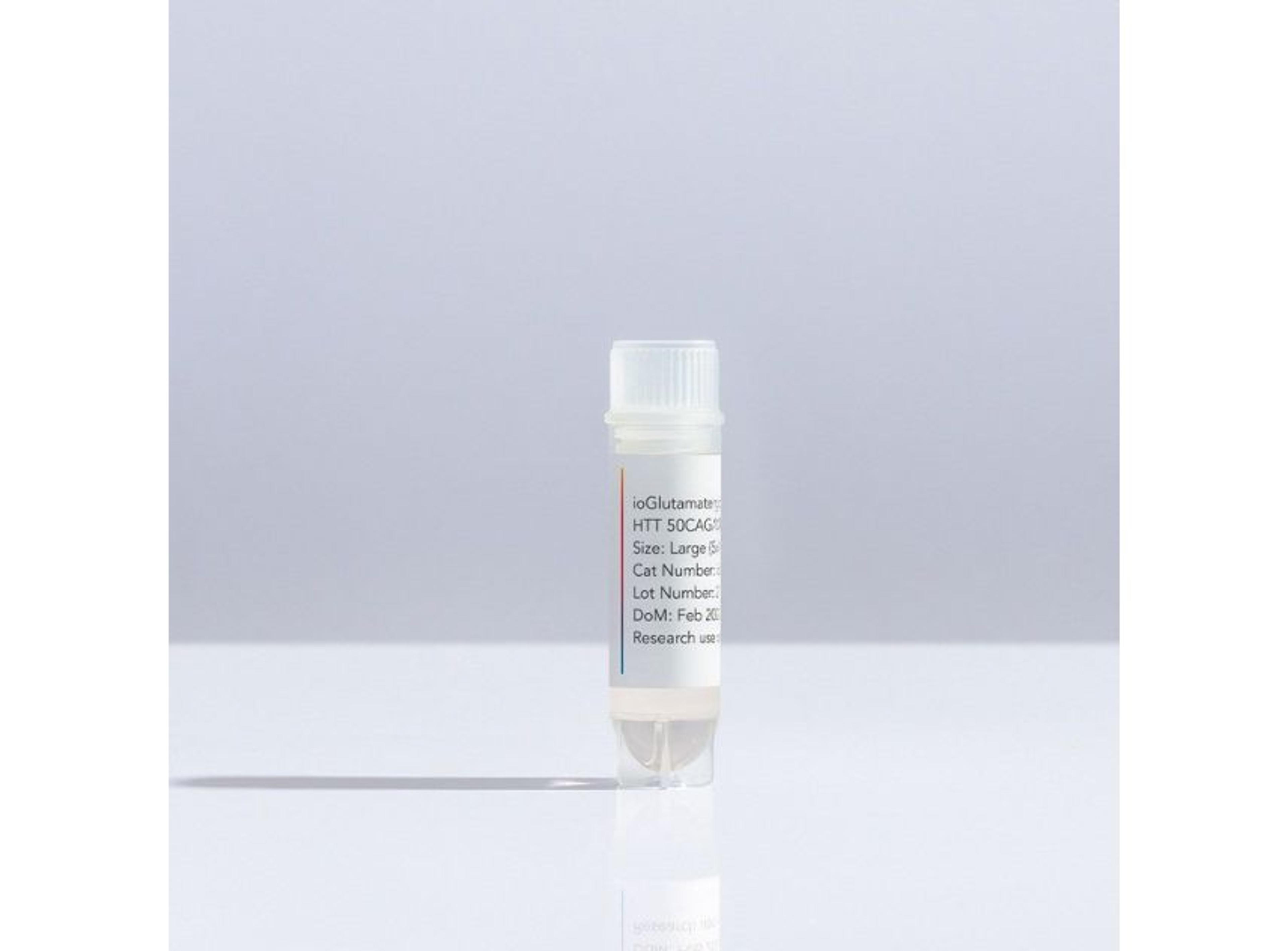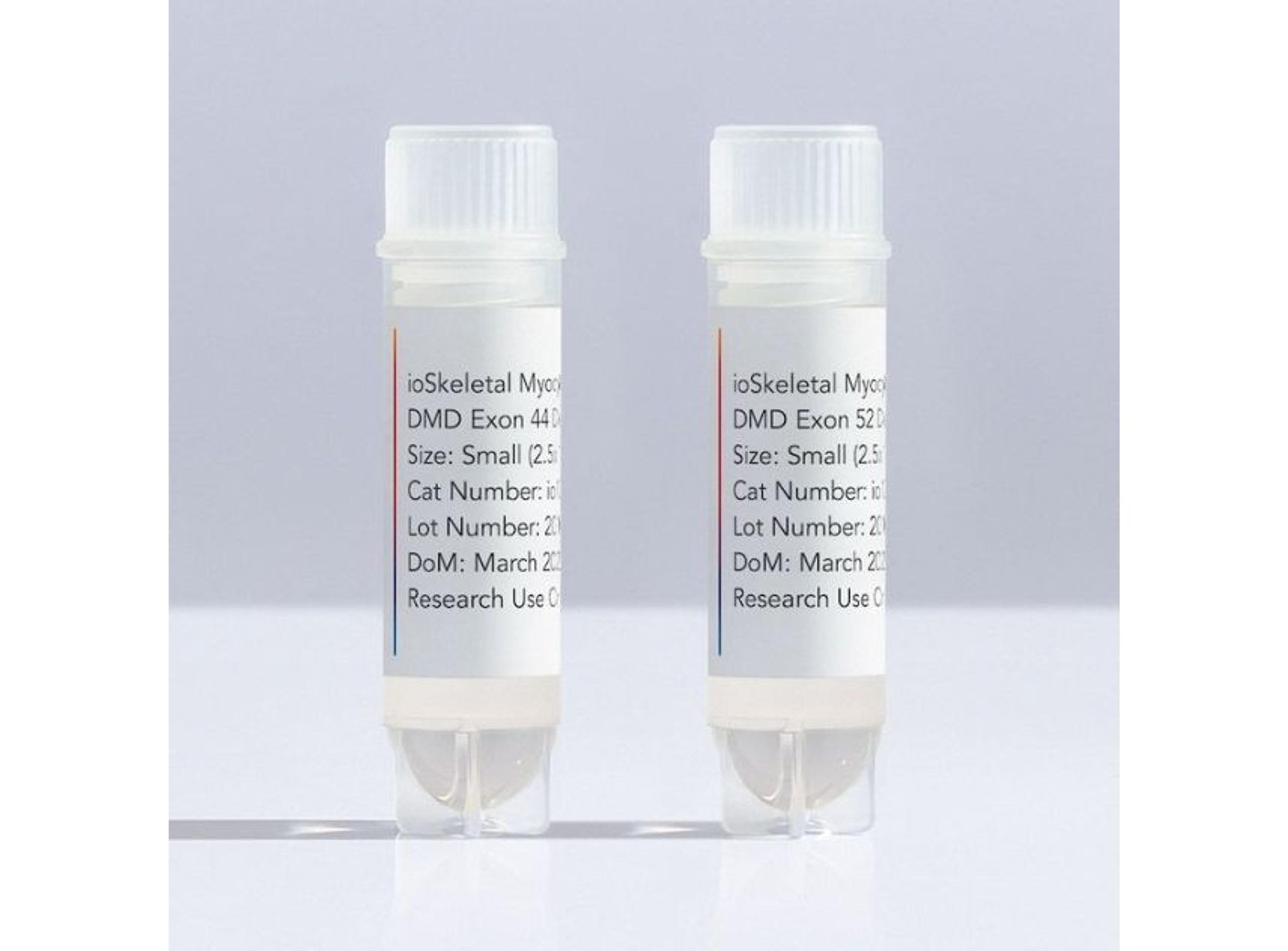
Tackling the reproducibility crisis with standardized human cells
Tuesday, April 29, 2025 at 16:00 BST / 17:00 CEST / 11:00 EDT / 08:00 PDT
Join experts in human iPSC-derived cells from academia and drug discovery as they discuss the impact of standardization on scientific progress.
The absence of standardized reagents creates barriers to reliable experimental comparisons, slowing research, drug development, and translational efforts. Across human cell models, including primary cells, cell lines, and patient-derived iPSC-derived cells, biological variability and reproducibility challenges persist.
In this expert panel, we will explore how standardizing human iPSC-derived cells can enhance consistency, reproducibility, and regulatory compliance, ultimately enabling more robust and impactful research.
Key learning objectives
- Explore the challenges posed by variability in human cell models
- Understand why a lack of standardized cell models impacts reproducibility, and how implementing it can improve research across academia and industry
- Gain insights on the standardization of human iPSC-derived cells from leaders in academic research and drug discovery
Certificate of attendance
All webinar participants can request a certificate of attendance, including a learning outcomes summary, for continuing education purposes.
If you view the on-demand webinar, you can request a certificate of attendance by emailing editor@selectscience.net.
Speakers
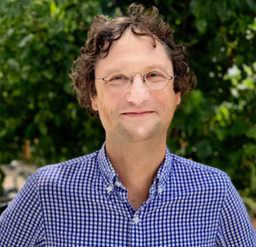
Dr. Marius Wernig received his MD from the Technical University of Munich, Germany. Following this, he obtained medical residency training in neuropathology and surgical pathology at the University of Bonn, Germany. After an ensuing postdoctoral training in the lab of Dr. Rudolf Jaenisch at the Whitehead Institute for Biomedical Research in Cambridge, MA, he joined the faculty of the Institute for Stem Cell Biology and Regenerative at Stanford University in 2008, where he is now a professor of pathology and chemical and systems biology.
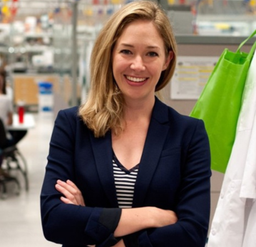
Dr. Samantha Morris trained as a developmental biologist at the University of Cambridge. In Magdalena Zernicka-Goetz’s group, she investigated mechanisms of cell fate decision-making in the earliest stages of development. She then joined the laboratory of George Daley at Harvard Medical School, where she focused on the analysis of gene regulatory networks to dissect and engineer cell identity. Currently at the Brigham and Women’s Hospital and the Department of Systems Biology at Harvard Medical School, Dr. Morris is an Allen Distinguished Investigator and New York Stem Cell Foundation Robertson Investigator.
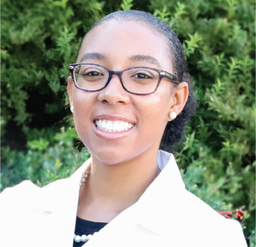
Elisia Clark, Ph.D., MSTR, plays a pivotal role in identifying gaps in research tools for Parkinson’s disease. With a background in biochemistry, pharmacology, and tissue engineering, Dr. Clark collaborates across the research community to ensure that scientists have access to the critical resources needed to advance our understanding of this complex neurodegenerative disease. Her efforts have contributed to the development and funding for new research projects, enabling groundbreaking strides in Parkinson's disease research. Prior to her work at MJFF, Dr. Clark held postdoctoral research positions at the University of Pennsylvania.

Dr. Thomas Moreau leads efforts to advance deterministic cell programming for the development of human iPSC-derived models in research, drug discovery, and cell therapy. With a background in stem cell biology, hematology, and gene therapy, Dr. Moreau has extensive experience in cell programming and differentiation mechanisms. His research at the University of Cambridge Stem Cell Institute contributed to the development of a scalable method for producing blood platelets via cell programming, with direct applications in transfusion medicine.

Dr. Rebecca Northeast is a Senior Product Manager at bit.bio, specializing in iPSC-derived neural cells. With extensive experience in launching research tools, she collaborates with scientists to deliver innovative solutions for drug discovery and disease modeling. Rebecca holds a Ph.D. in Neuroscience from The University of Manchester, where she studied circadian regulation and metabolism.
Moderator


